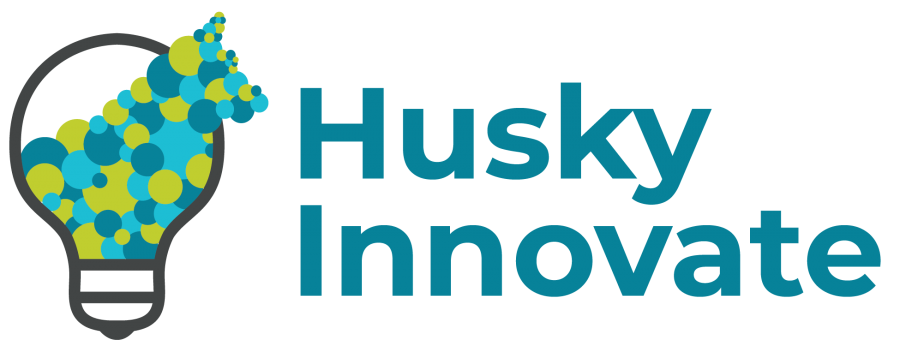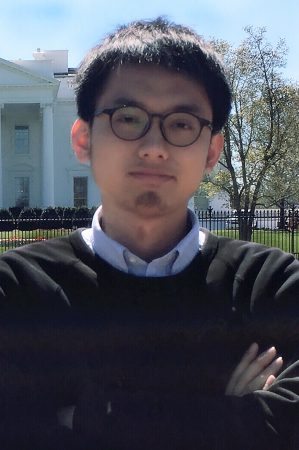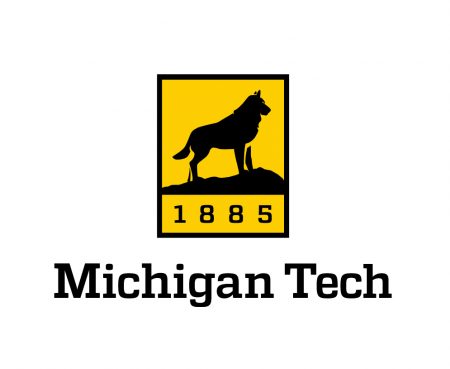Applications for 2021 Summer Undergraduate Research Fellowships (SURF) are now open. Fellowship recipients will spend the summer working on an individual research project under the guidance of a Michigan Tech faculty mentor.
SURFs are open to all Tech undergraduates who have at least one semester remaining after the summer term. Awards are up to $4,000. Applications are due by 4 p.m. Feb. 12.
For more information and access to the application materials and instructions, visit the SURF webpage or contact Rob Handler.





